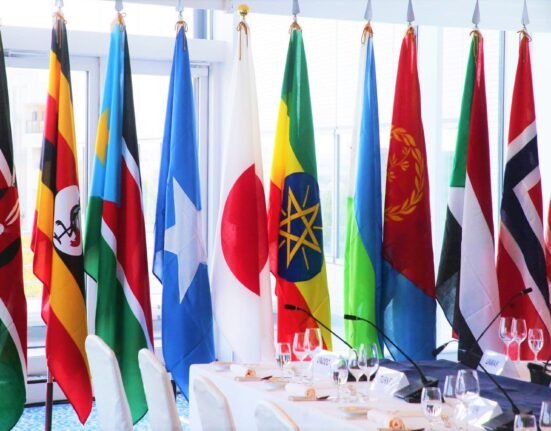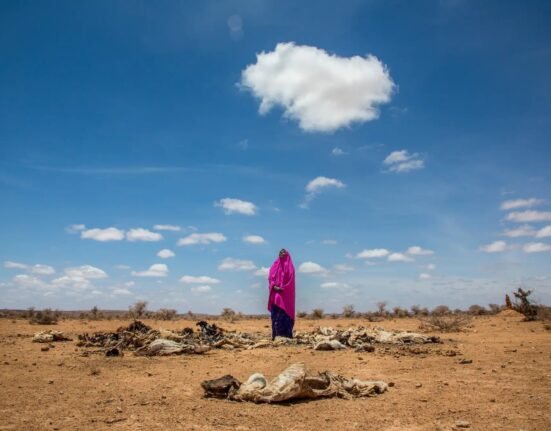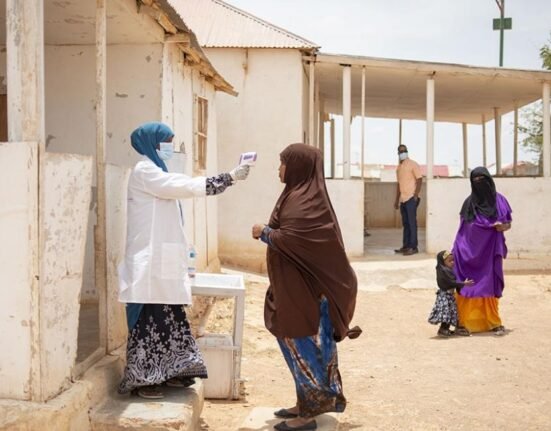Somalia, a country located on the eastern coast of Africa, has long faced political instability, conflict, and gender inequality. However, in recent years, there has been a growing global recognition of the importance of women’s empowerment and their leadership in achieving peace, stability, and sustainable development. This article will explore the significance of women’s empowerment and their role in political leadership in Somalia, as well as the challenges they face and the progress made.
Historical Context:
For decades, Somalia has been largely dominated by traditional patriarchal structures inhibiting women’s participation in decision-making processes. Civil unrest, violence, and the rise of extremist groups have further marginalized women, limiting their access to education, healthcare, and economic opportunities. However, efforts to empower women and promote gender equality have emerged within Somalia and globally, aiming to address these inequalities and build a more inclusive society.
Women’s Empowerment Initiatives:
In recent years, significant progress has been made towards women’s empowerment in Somalia. Local grassroots organizations, international agencies, and the Somali government have initiated campaigns and policies to promote gender equality. These initiatives focus on enhancing women’s access to education, healthcare, economic opportunities, and political participation. Education programs and vocational training are being implemented to equip women with skills and empower them to actively contribute to society.
Political Leadership:
Despite the significant challenges they face, Somali women have slowly been breaking barriers and assuming leadership roles in various areas, including politics. The Somali government has made efforts to encourage women’s participation in decision-making processes. As a result, women now hold seats in the Somali Federal Parliament and the regional parliament. Additionally, more women are being appointed to key positions in the public sector, giving them opportunities to influence policy-making and foster positive change.
Challenges Faced:
Despite the progress made, women in Somalia still face numerous challenges that hinder their full participation in political leadership. Traditional gender roles, cultural norms, and discrimination continue to limit women’s representation and influence. Insecurity and political instability pose additional obstacles, as they create an environment where women are vulnerable to violence and intimidation. Lack of access to resources, including adequate funding and support networks, remains a critical challenge.
The Way Forward:
Realizing the importance of women’s empowerment and political leadership, it is crucial for all stakeholders, including the Somali government, civil society organizations, and the international community, to continue their efforts and address the remaining obstacles. Investment in education, healthcare, economic opportunities, and capacity-building programs for women is essential. Creating an inclusive political environment that encourages women’s leadership and protects their rights is equally important. Collaboration and coordination among various stakeholders can help foster a more gender-responsive political system in Somalia.
Women’s empowerment and political leadership are vital in achieving sustainable development and peace in Somalia. Despite the challenges they face, Somali women have started to break barriers and make significant contributions in various sectors, including politics. The progress made thus far should be celebrated, but the journey towards gender equality is far from over. By continuing to invest in women’s education, promoting their participation, and addressing societal and cultural barriers, Somalia can truly harness the power of women’s empowerment and pave the way for a brighter future.






